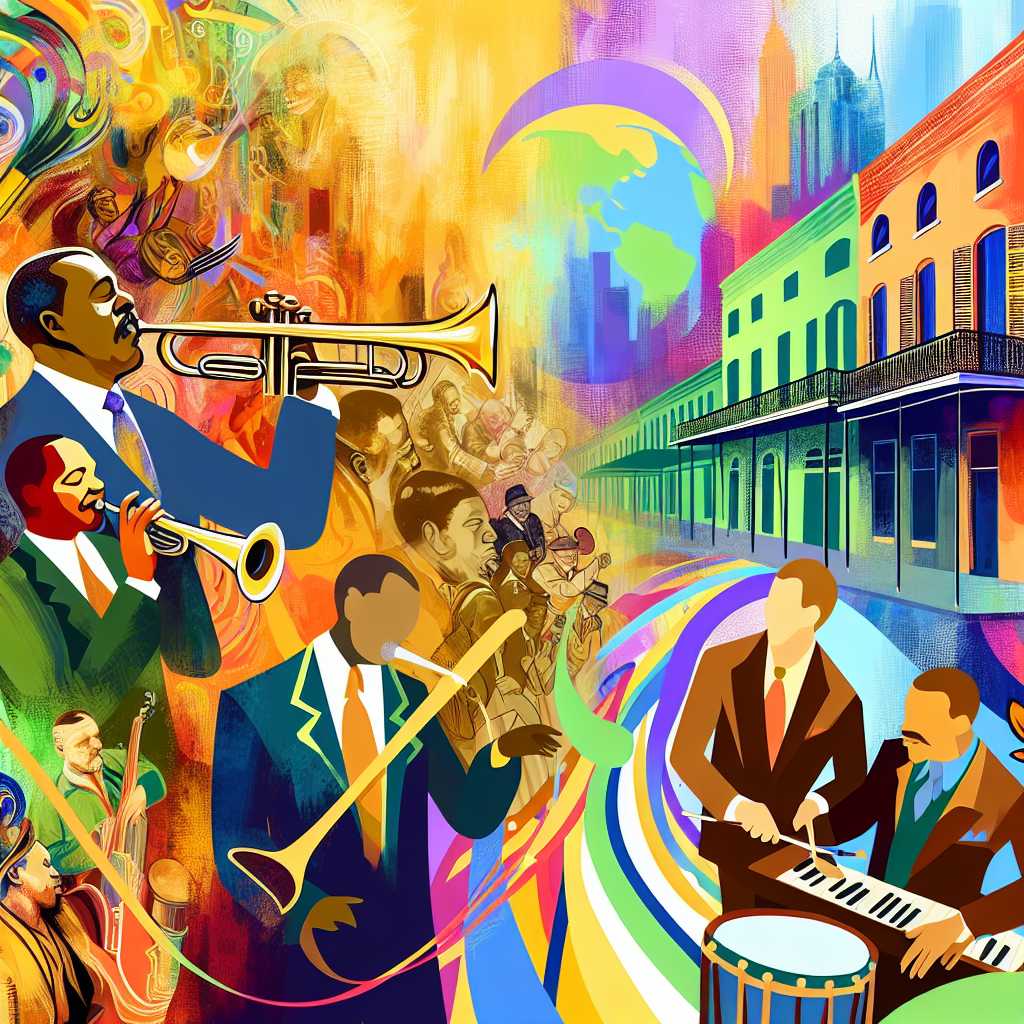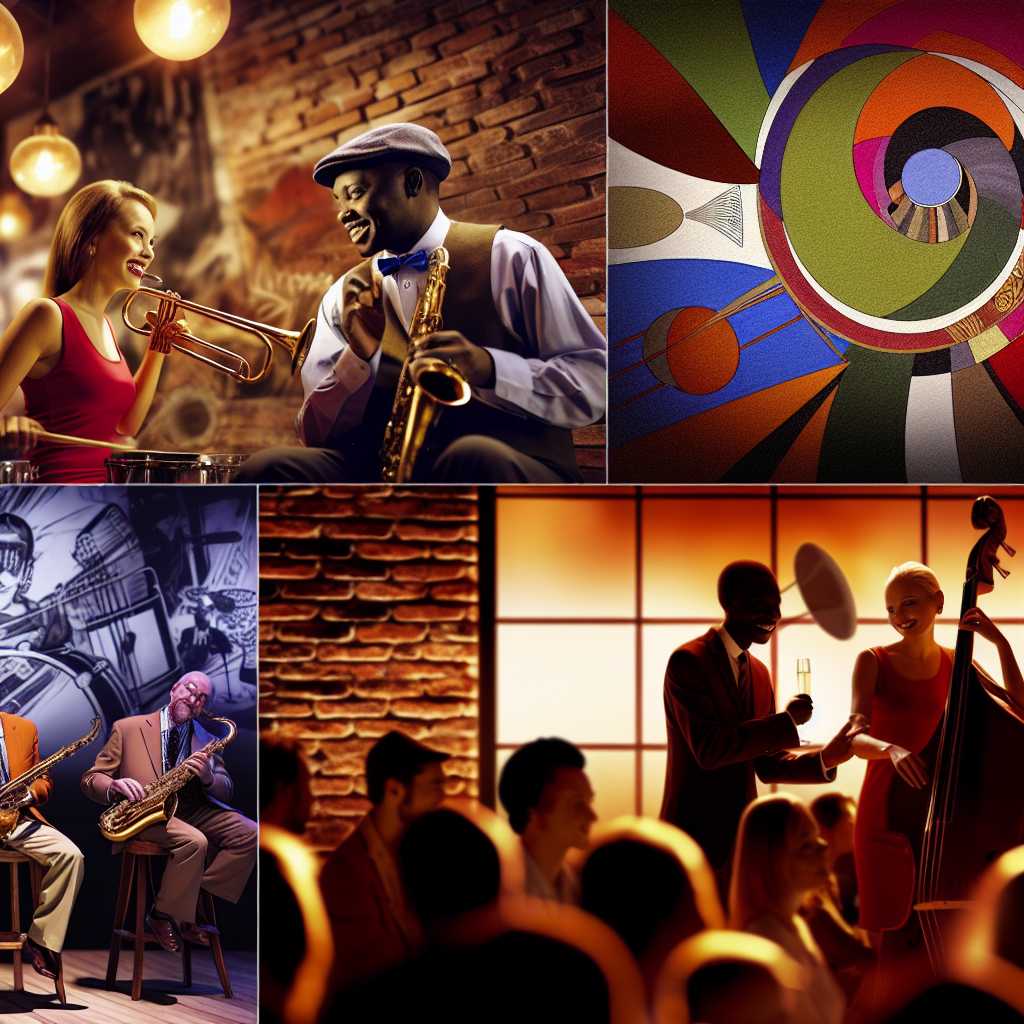Tag: Jazz
-

The Transformative Power of Jazz: From New Orleans to the World
Jazz music, a timeless genre that originated in the early 20th century in New Orleans, has left an indelible mark on culture and society across the globe. Its rich history and distinctive sound have inspired countless musicians and changed the music landscape, showcasing the power of music to connect and unite people from diverse backgrounds.…
-

The Resilient Pulse of Jazz: Its Evolution and Cultural Influence
Music is a universal language that transcends barriers, and jazz is one of its most eloquent dialects. Originating in the late 19th and early 20th centuries in African American communities of New Orleans, jazz has since evolved into a global phenomenon, influencing countless other musical genres and leaving an indelible mark on culture and society…
